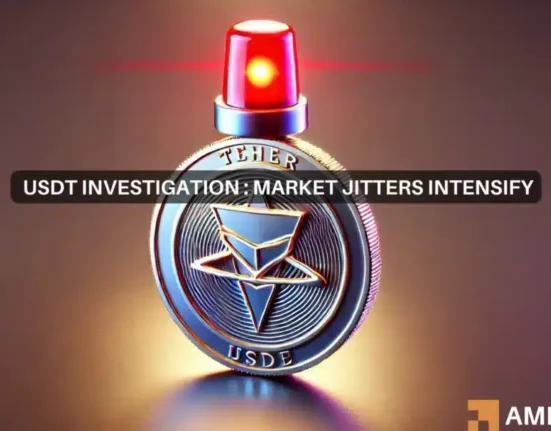Taiwan’s Financial Supervisory Commission (FSC) is letting professional investors get into foreign crypto ETFs, though not just everyone can.
We’re talking about big-money players here—professional institutional investors, high-net-worth people, and high-asset clients. These guys can now invest through what they’re calling a “re-entrustment” method.
Basically, it means they can invest in foreign crypto ETFs through Taiwanese securities firms.
Who can invest?
The decision comes after a review by the Securities Business Association of the Republic of China, which focused on the risks involved in these high-stakes virtual asset investments.
So the FSC made sure the average person is kept out of this, and for good reason. Virtual assets are tricky, and their prices bounce around like crazy.
Securities firms need a proper system in place to check if an investor even qualifies to buy in.
Before an investor makes their first move, the firms are required to evaluate their experience, knowledge, and ability to handle it.
They’ve also got a responsibility to train their staff regularly so everyone stays up-to-date on what they’re selling. This way, their employees know the ins and outs of the crypto product when dealing with clients.
Globally, the U.S. is ahead of the game, with its 11 spot Bitcoin ETFs. Canada was one of the first countries to approve a Bitcoin fund.
In April, after America’s huge success, Hong Kong approved three crypto ETFs. Germany has also launched crypto ETPs, which work similarly to ETFs.
Taiwan’s relationship with crypto
After disasters like the FTX collapse and local fraud incidents, Taiwan’s FSC has put its foot down on virtual asset service providers (VASPs).
In July, it made it mandatory for VASPs to register for Anti-Money Laundering (AML) compliance under the Money Laundering Control Act.
No registration? No business. This applies to both local operators and offshore firms wanting to offer crypto services in Taiwan.
Aside from the AML, they also demand operational transparency and consumer protection.
VASPs must submit a compliance declaration to prove they’re following the rules, especially when it comes to money laundering prevention.
Crypto in Taiwan is also subject to a 5% Value Added Tax (VAT). Sellers who are residents or companies must register for tax purposes unless their monthly sales fall below NT$40,000 (about $1,300).






